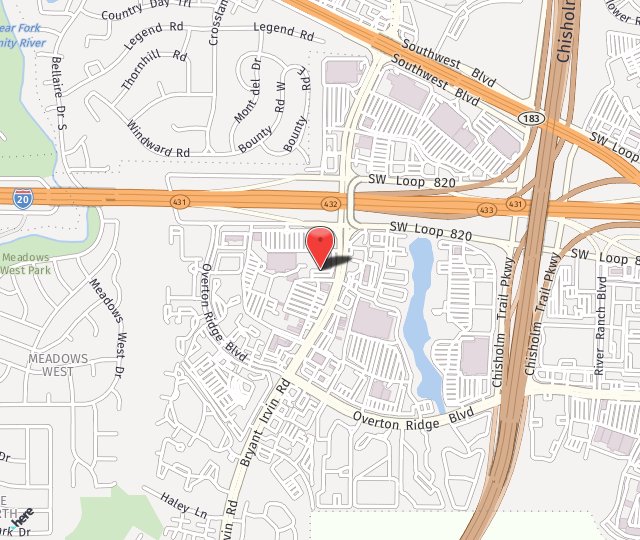If you want bright, clear skin, a chemical peel may just be the treatment for you. At Skin Deep Laser MD, Dr. Riehm and her team treat a variety of skin conditions safely and comfortably with effective chemical peels. Men and women in Fort Worth, Texas, can learn about chemical peel treatments by calling the office or booking an appointment online today.
Chemical Peel Q & A
What is a chemical peel?
A chemical peel involves the application of gentle fruit acids to the surface of your skin that causes the dead skin cells and excess debris to slough off. As new skin cells replace the old ones, this leaves you with a smooth, fresh surface and healthier-looking skin.
What are the benefits of a peel?
Your skin cells are continually renewing and pushing out older, dull cells. In your youth, this process happens every 28-32 days, but as you grow older the process slows and your complexion dulls. These dead and damaged skin cells can also build up within the pores and lead to breakouts.
Chemical peels encourage the process of shedding older skin cells. Your skin renews itself faster, bringing healthier cells to the surface, so you look brighter and the skin feels smoother. You can complement the effects of a peel with compounds and ingredients that provide nutrients to nourish, hydrate, and treat multiple skin issues.

What skin issues can be addressed with a chemical peel?
A peel provides an overall healthier look. It can also address specific conditions, including:
- Fine lines and wrinkles, especially around the mouth and under the eyes
- Hyperpigmentation, including age spots and freckles
- Acne and some cases of rosacea
- Scarring from acne or other causes
- Irregular skin texture
Chemical peels stimulate the body’s natural healing process so your skin continues to improve over time, long after the initial peel.
Can I do peels on areas other than my face?
Absolutely! At Skin Deep Laser MD we frequently do body peels on backs of the hands, neck, chest or decollete and back to assist with cell turnover, crepey skin, pigmentation and control of acne.
"I'm afraid of chemical peels! I don't want to look like a burn victim and I don't have time to take days or weeks off work!"
There is no need to be afraid of all peels. While significant peeling and "downtime" can happen with aggressive peels, Dr. Riehm believes in a much gentler approach. With most of our peels you will see only minimal flaking-much like you would see after a mild sunburn. It is easy to hide with frequent moisturizing for a few days and requires no "hiding out" or time off work or play!
What is a progressive approach to chemical peels?
Dr. Riehm believes a progressive approach is superior when it comes to chemical peels. This approach holds that multiple gentle peels provide better long-term results as compared to one aggressive peel. Plus, gentle peels have a faster healing time and less pain than aggressive versions.
Dr. Riehm uses only the safest, most effective ingredients in the peels provided at Skin Deep Laser MD. She invests in medically proven compounds that achieve the best results for all skin issues and skin types.
What results can I expect from a chemical peel?
You‘ll most likely notice results after just one peel, but for optimal results, commit to a series of at least 4-6 gentle peels that are given every 2-4 weeks. Once patients experience what peels can do for their skin, many will replace their regular facials with a light monthly peel to maintain the phenomenal changes they see in their skin. Dr. Riehm uses PCA Skin® peels, which typically cause little-to-no discomfort, and your skin glows following treatment.
If you have questions about how a chemical peel can help you achieve a lasting glow, or about our exclusive monthly peel membership, call Skin Deep Laser MD or book an appointment online.
Join the Chemical Peel Club at Skin Deep Laser MD!
Achieve radiant, youthful skin all year long with our exclusive Chemical Peel Club. As a member, you'll enjoy monthly treatments tailored to your skin's unique needs, using gentle yet effective peels that reveal a smoother, brighter complexion. Say goodbye to dull skin and hello to a continuous glow! Whether you're targeting fine lines, hyperpigmentation, or just want to maintain healthy skin, our progressive peel approach ensures optimal results with minimal downtime. Join today and start your journey to flawless skin!

